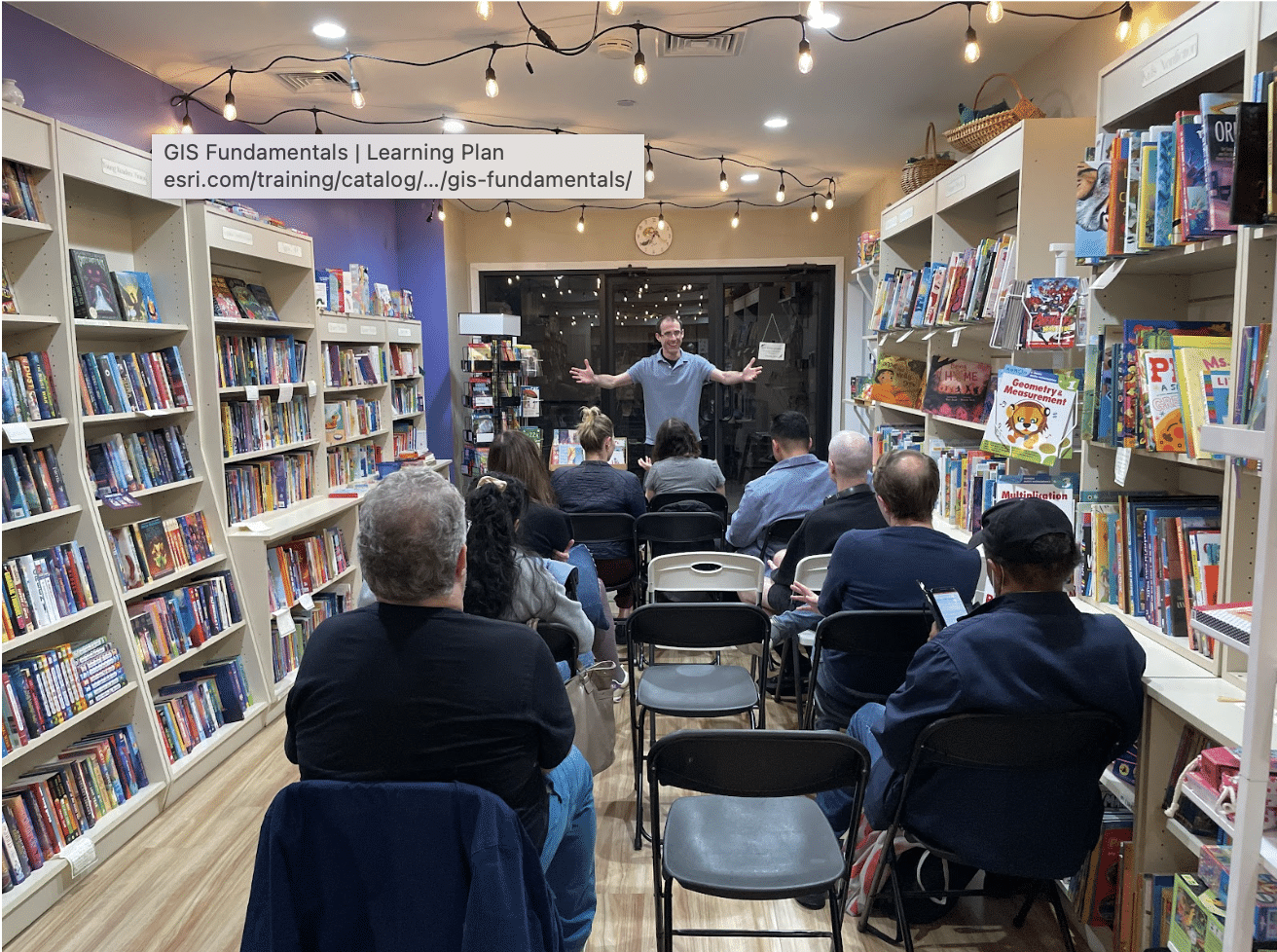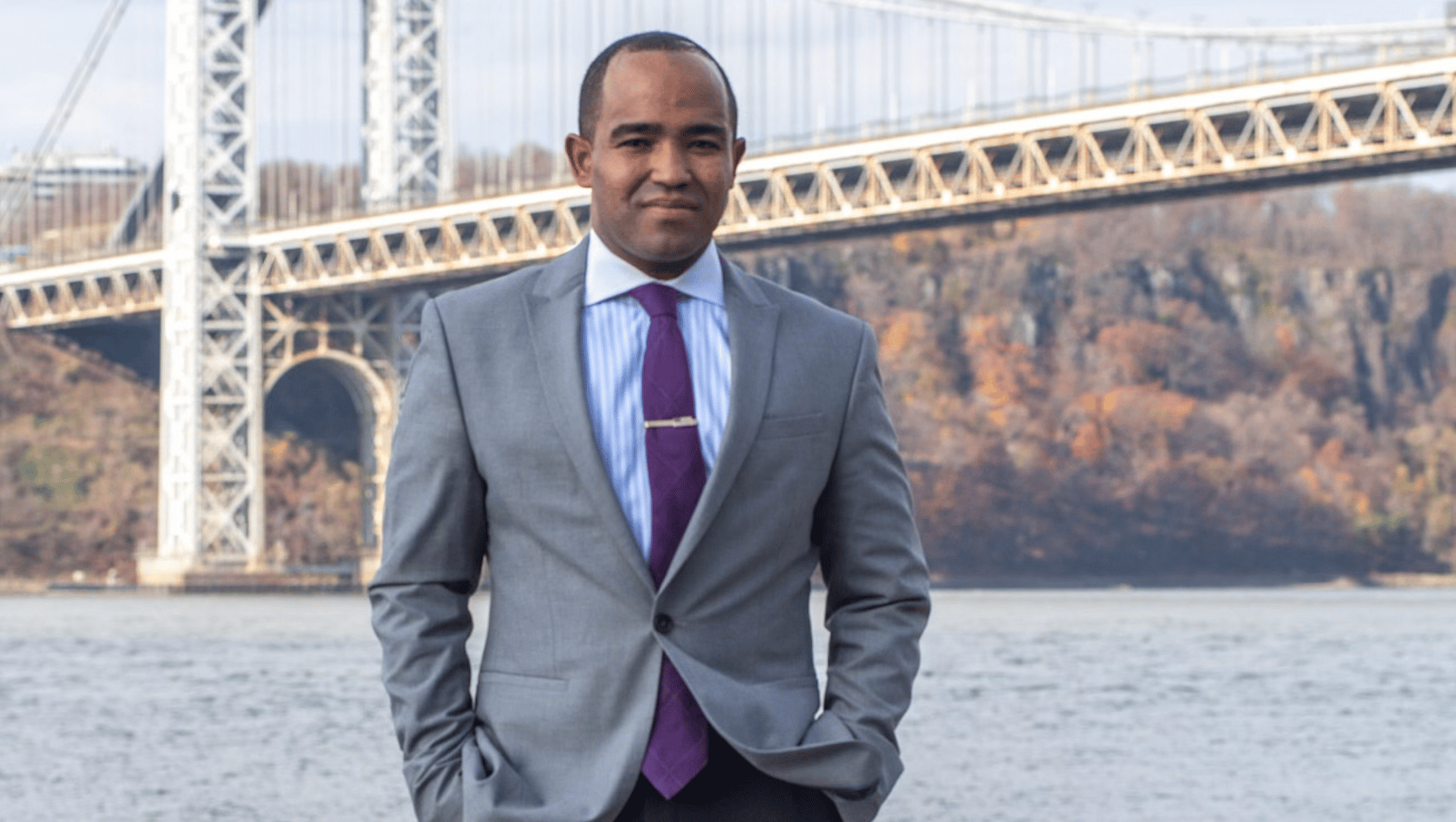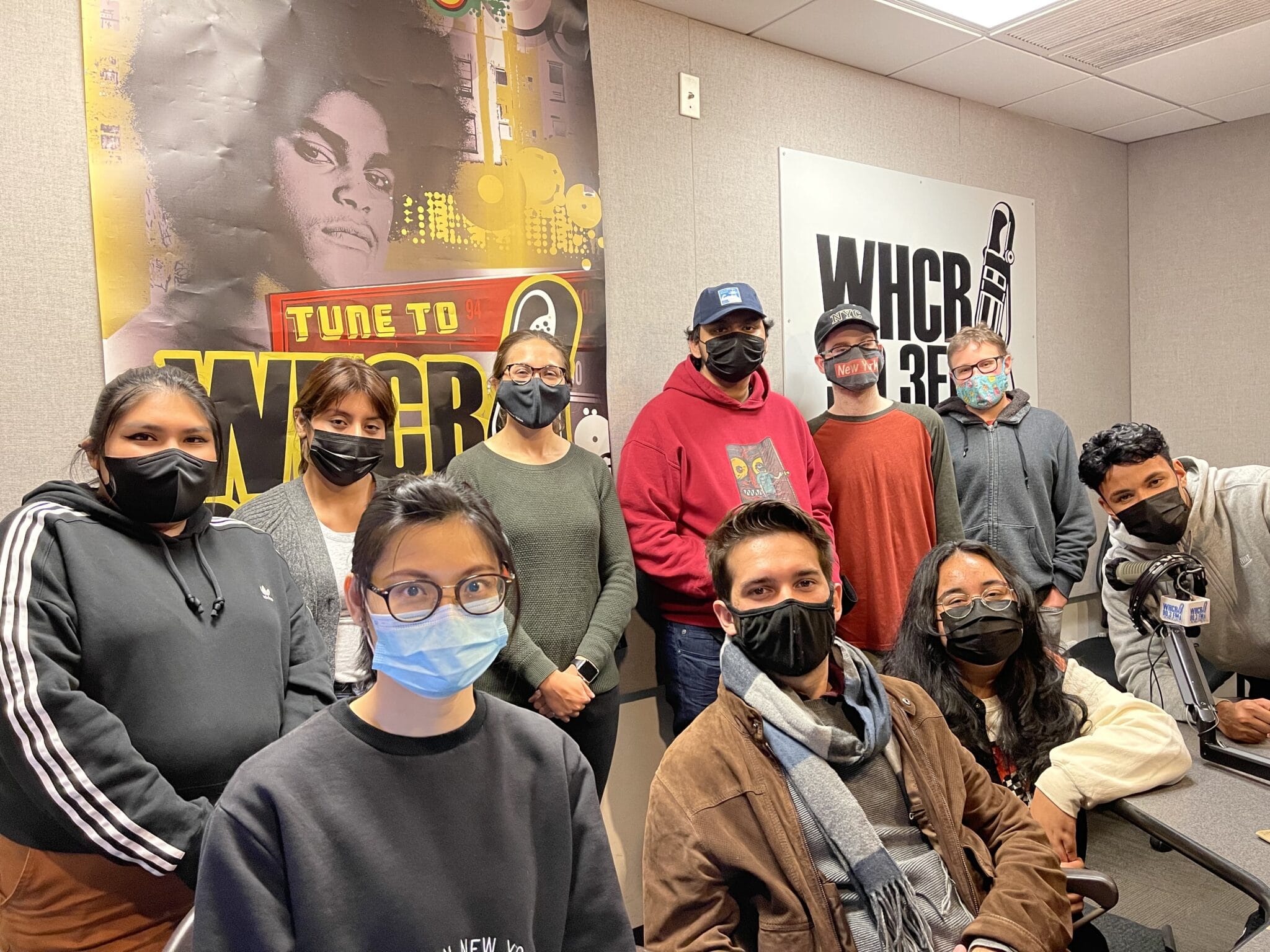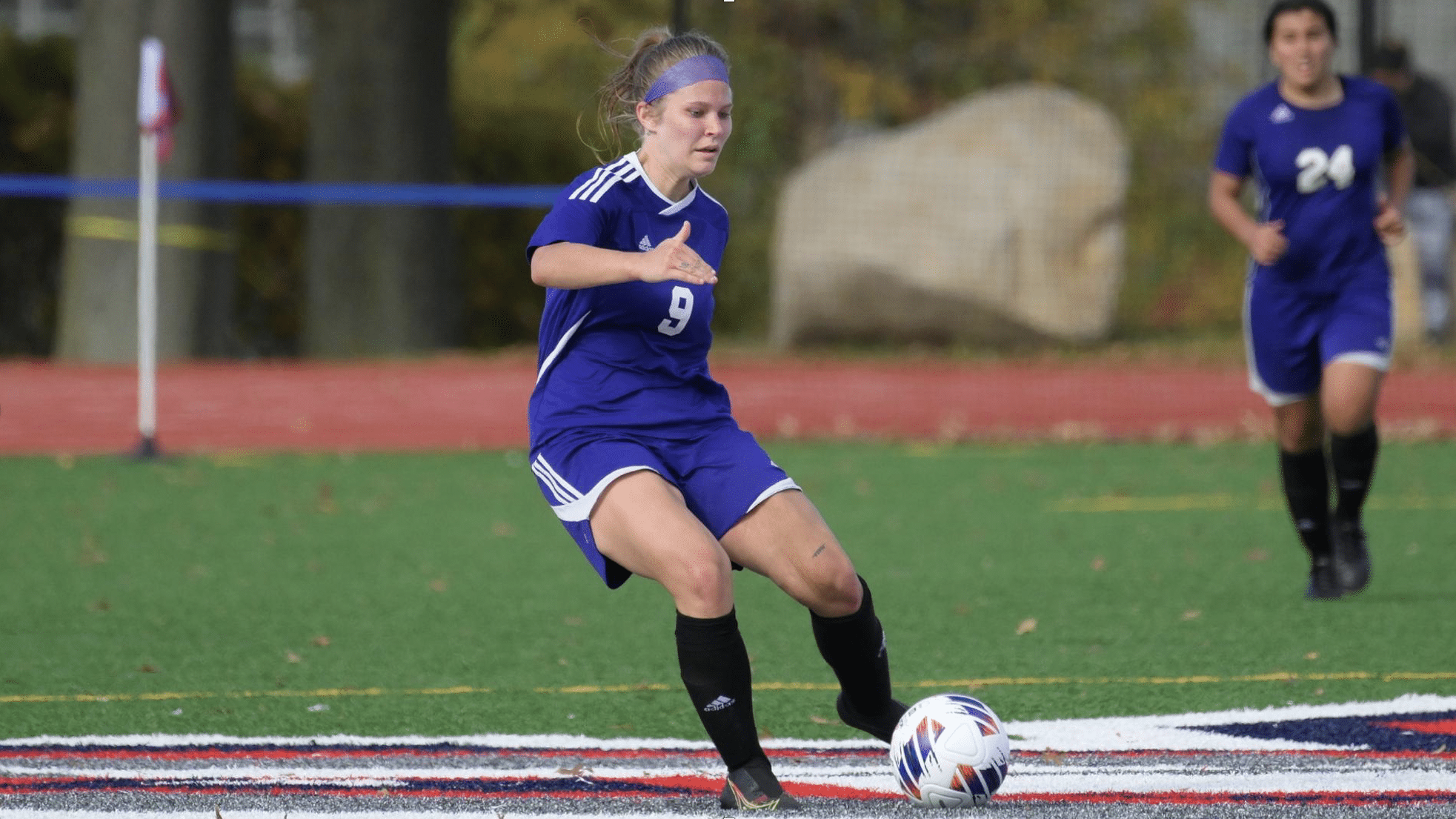Morgan leaves home every day around 10 a.m. armed with two masks, hand sanitizer, gloves, and a digital tablet. She is a CUNY Census Corps worker and goes door to door to try to get people to answer questions about how many people live in their home and what race they are. It’s a job that involves a lot of rejection; doors slam in her face. But it’s an important job.
The U.S. Census counts Americans every ten years and it is crucial for communities. The number of people counted will determine the number of representatives in Congress. It also determines the amount of federal aid local governments and states receive. But getting people to respond is tough and getting everyone counted is even harder, especially during the pandemic. The census counts citizens, non-citizen legal residents, non-citizen long-term visitors, and undocumented immigrants. Often undocumented immigrants are reluctant to answer questions or even open a door.
Morgan, a Brooklyn College student, joined the CUNY Census Corps in March 2020. The Census Corps is made up of over 260 students from the City University of New York (CUNY). Census Corps students speak over 47 languages. More than 70 percent speak at least one language in addition to English and that makes it possible for them to talk to a wide range of New Yorkers.
Morgan applied for the job before the COVID-19 crisis hit because it paid $28 an hour and provided a flexible schedule. By the summer, she wasn’t sure if she could do the job. New York City had been hit hard by the pandemic, and she didn’t want to expose herself to the virus. “I told myself that I was going to try it for a week and see exactly how it worked out.” she said. “And if I felt unsafe or at risk, I would just stop.” U.S. Census Bureau employees are not cleared to speak with the media and Morgan spoke with HarlemView on the condition of anonymity; we’re not using her real name.
To do her job, Morgan walks from building to building on the Upper West side of Manhattan where doormen present the first obstacle. “The doormen don’t want to let you into the building, even when I say and show them that I’m working with the census,” Morgan said. “It makes it extremely difficult, especially when I have ten or more apartments in a building. When I ask to speak to management, they always say that they’re not on property.”
She and other census workers, assigned households that haven’t yet responded, often get insulted, yelled at, threatened, and harassed. The workers, whom the Census Bureau calls enumerators, have a feature on their tablet to mark a case/address as “hostile” if a visit gets violent or dangerous. Morgan hasn’t had to use that feature and hopes that she won’t. But other census workers have told HarlemView they have been spit on and some people have even called the police to get them to leave.
Only 57.4 percent of households in New York City have responded to the census as of August 28. That number is 6.6 points lower than in 2010. Some neighborhoods like East Harlem lag by double digits.
New Yorkers have until September 30, a month earlier than originally expected, to get counted. If a census worker comes your way, please answer the questions. It’s important for your neighborhood and all of New York.






